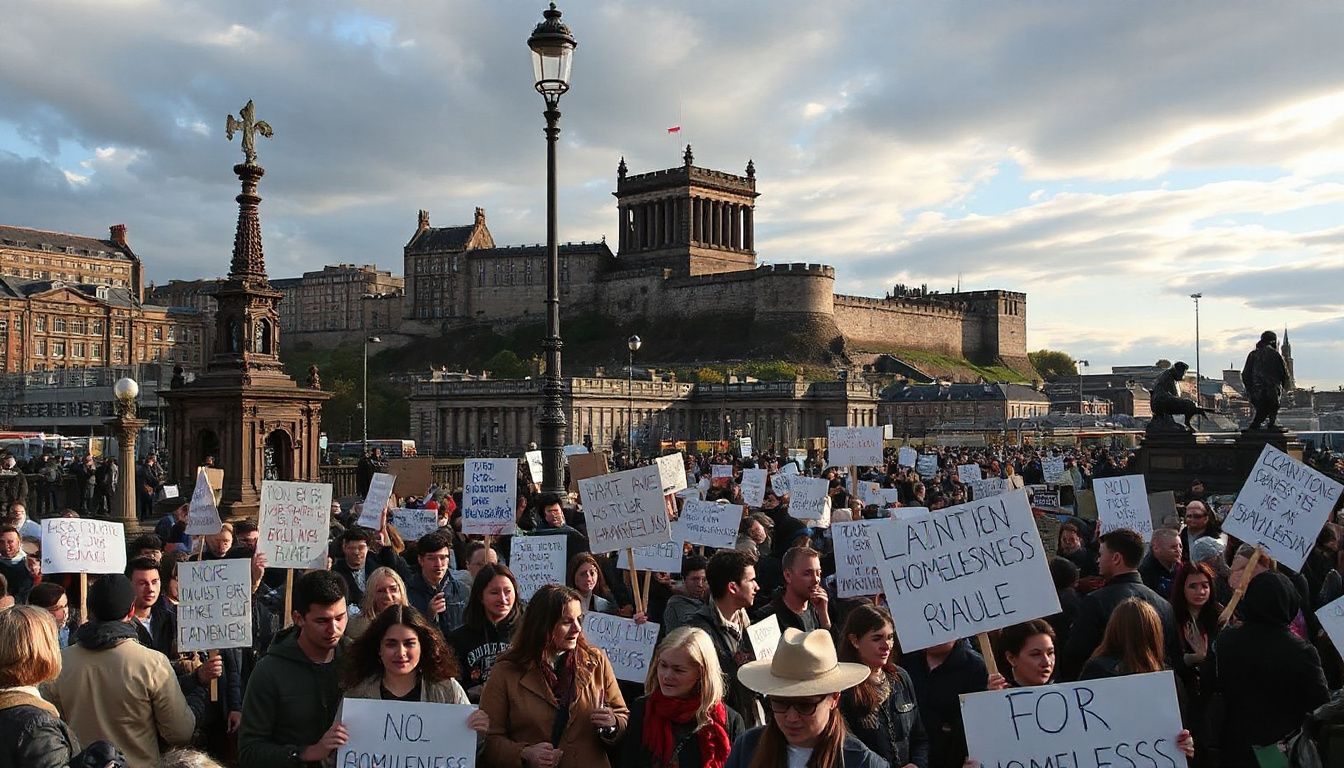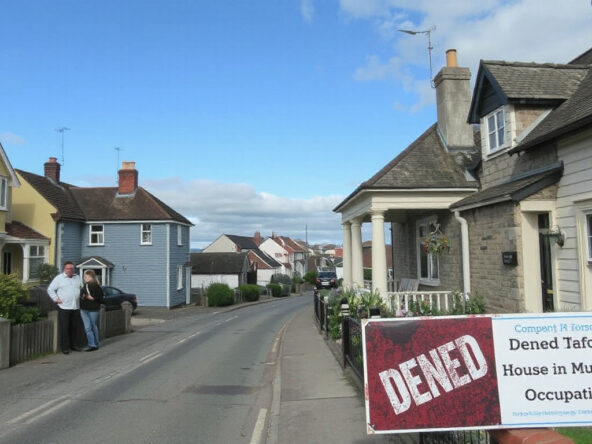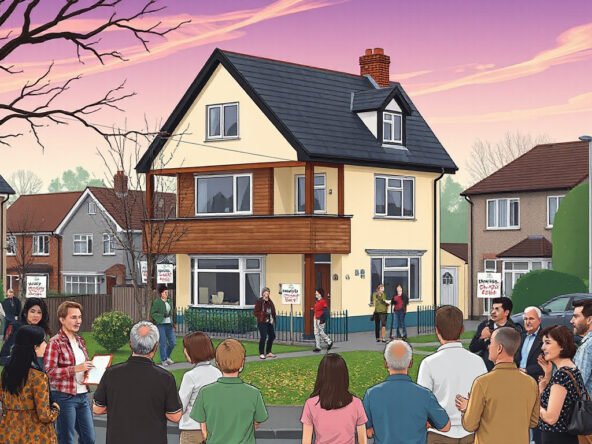Shelter Scotland Calls for Leadership Change in Edinburgh over Homelessness Policy Dispute
Shelter Scotland asks the City of Edinburgh Council to remove its leaders. This push follows trouble over how the council handles unlicensed HMOs and tries to loosen current homelessness laws. Edinburgh faces the second-highest homelessness rate in Scotland.
Concerns Raised by Shelter Scotland
Shelter Scotland shows its anger at the council’s choices. People depend on clear actions. Alison Watson, the director of Shelter Scotland, said, "It should upset everyone in Scotland that council officers and elected members have chosen to take away a basic human right in the capital."
At a protest outside the City Chambers on December 12, members pointed out what they see as unfair acts. They claim that the council wants to make unlicensed HMOs legal—even though running one is a crime without the proper license.
Watson’s words mark a loss of trust in the council’s ability to follow the rules. This is the first time the charity has asked for action against a local body. Watson said the council has long failed to protect homeless people. She urged First Minister John Swinney to check the council’s style on homelessness, calling it "unfit for purpose" and "in breach of the law."
Edinburgh Council’s Response
The City of Edinburgh Council stands by its decisions. They call Shelter Scotland’s report "factually incorrect and misleading." Mandy Watt, the deputy leader of the council, said, "We are very disappointed to read Shelter Scotland’s statement, which claims the committee decided on December 3 to remove homelessness rights. That did not happen."
At a meeting of the Housing, Homelessness, and Fair Work Committee on December 3, a proposal came up. The proposal asked the Scottish government for a temporary break from the licensing rules until March 2028. The council said they need extra room to house vulnerable people in emergency situations.
Council members stressed that no final move on homelessness rights was made. They said they still want to work with Shelter Scotland to face the housing emergency.
The Broader Context
Edinburgh faces a real homelessness crisis. About 5,250 households live in temporary homes. More than one in four of these households reside in spots that break the Unsuitable Accommodation Order. Numbers like these show the need to step in and help those without proper shelter.
Shelter Scotland’s words mirror recent reports of faults in homelessness services in Edinburgh and Glasgow. Many councils in Scotland lack enough safe, temporary accommodation. Paul McLennan, the Scottish Housing Minister, mentioned plans for extra funding. This money should help use empty houses again and buy new properties to ease the crisis.
Conclusion
The conflict between Shelter Scotland and the City of Edinburgh Council raises deep questions about the care and rights of homeless people. The charity’s request for a leadership change shows strong doubts about the council’s work, especially on unlicensed HMOs. As Edinburgh struggles with high homelessness numbers in Scotland, it remains important for the council and groups like Shelter Scotland to work side by side to fix the deep-seated issues.
The road ahead calls for clear action and honest study to protect our vulnerable neighbors. The public and stakeholders will watch how the council and the Scottish government act as the housing crisis in Edinburgh grows.
Sources:
- Inside Housing: Shelter Scotland Calls for Edinburgh Leaders to be Removed
- BBC News: Statistics on Homelessness in Scotland
- The Scottish Government: Funding for Homelessness Services



